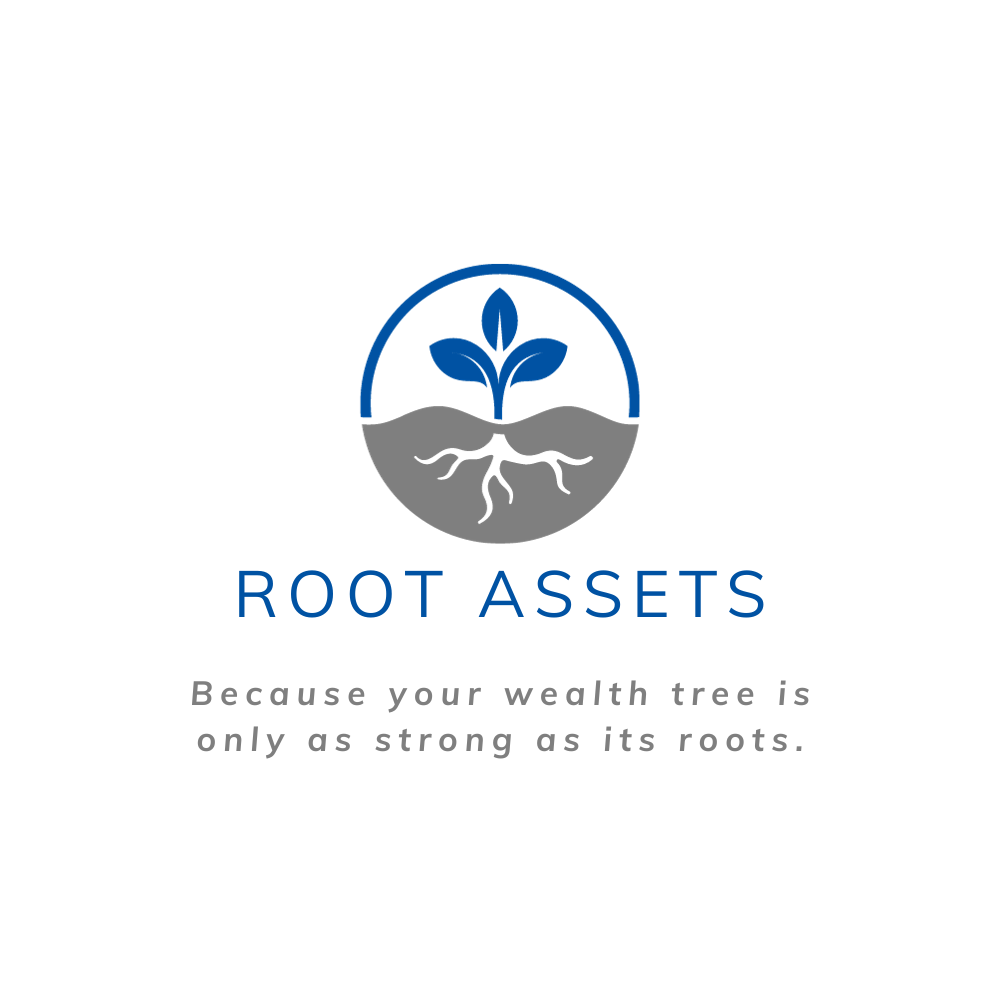
Learn more about personal and business finance by reading any one of our insightful blogs.

How Eliminating Most Debt (Except Your Mortgage) Can Supercharge Your Retirement
We’ve all heard the conventional wisdom: “Pay off your debts as fast as possible, especially your mortgage!” It’s touted as the golden ticket to financial freedom. But what if I told you that eliminating most debt—except your mortgage—could actually be a smarter move for boosting your retirement accounts? Even more surprising, keeping your mortgage might not only benefit your finances but also offer tax advantages and prevent a massive, unnecessary wealth transfer to your bank. Let’s break it down and rethink this age-old advice.
The Big Idea: Not All Debt Is Created Equal
When it comes to debt, there’s a clear hierarchy. High-interest debts—like credit cards charging 15-20% or personal loans with steep rates—can drain your finances and should be tackled aggressively. But your mortgage? That’s a different story. With historically low interest rates (often 3-5%), a mortgage isn’t the financial villain it’s made out to be. In fact, holding onto it could be a strategic move to grow your retirement savings. Here’s why.
Why Not Paying Off Your Mortgage Boosts Retirement
Imagine you have extra cash each month. You could send it to your mortgage lender to chip away at the principal, or you could invest it in a retirement account like a 401(k) or IRA. Let’s look at the numbers:
Mortgage interest vs. investment returns: Say your mortgage rate is 4%. Historically, the stock market averages 7-8% annual returns after inflation. If you pay an extra $500 a month toward a $200,000 mortgage, you might save $50,000 in interest over 20 years. But if you invest that $500 monthly at 7%, it could grow to over $260,000 in the same timeframe. That’s a $210,000 difference in your favor—money that could pad your retirement nest egg.
Opportunity cost: Every dollar you pour into your mortgage is a dollar that’s not working for you elsewhere. By keeping your mortgage and investing instead, you’re letting compound interest do the heavy lifting for your future.
In short, not paying off your mortgage frees up cash to fuel retirement accounts, where it has the potential to grow far more than the interest you’d save by paying down the loan early.
Tax Write-Offs: A Hidden Perk of Keeping Your Mortgage
Here’s another reason to rethink paying off your mortgage: tax benefits. If you itemize your deductions, the interest you pay on your mortgage is often tax-deductible. This can lower your taxable income and offset potential tax liabilities. For example:
If you’re in the 24% tax bracket and pay $10,000 in mortgage interest annually, you could save $2,400 on your taxes. That’s like a discount on your interest payments, making the mortgage even cheaper to maintain.
Pay off your mortgage early, and that deduction disappears. You’re trading a valuable tax break for the satisfaction of being debt-free, which might not be worth it when you crunch the numbers.
The Wealth Transfer Trap: Paying Off Your Mortgage Enriches the Bank, Not You
Now, let’s talk about the elephant in the room: paying down or paying off your mortgage is likely the single largest wealth transfer you’ll ever make—both unknowingly and unnecessarily. When you send extra payments to your lender, you’re not creating wealth for yourself. Instead, you’re transferring the earning power of your dollars to the bank and relieving them of their financial obligation.
Think about it this way: that extra $500 a month you pay toward your mortgage could’ve been invested, growing over decades into a significant sum. By handing it over to the bank, you’re essentially gifting them the future value of your money. You’re not building wealth—you’re just reducing the bank’s risk. It’s a sneaky transfer that feels good in the moment but costs you big in the long run.
Home Value and Equity: It’s Not What You Think
Here’s a common misconception: paying down your mortgage increases your home’s value. Not true. Your home’s value isn’t tied to the amount of equity you have in it—it’s dictated by the market, which you can’t control. Whether you owe $100,000 or $0 on your mortgage, your home’s worth is the same. For example:
Real estate typically appreciates at 3-4% annually, while stocks might return 7-8%. Locking up cash in home equity could mean missing out on higher-growth opportunities elsewhere.
Paying off your mortgage doesn’t make your home more valuable—it just ties up your money in an asset that might not grow as fast as your retirement investments.
The Retirement Game Plan: Eliminate Most Debt, Keep the Mortgage
So, what’s the strategy? Focus on wiping out high-interest debt—credit cards, car loans, student loans—that sap your income with no real benefits. But when it comes to your mortgage, consider keeping it and redirecting extra funds to retirement accounts. Here’s why it works:
Maximize returns: Low mortgage rates mean your money can earn more in the market than it saves in interest.
Leverage tax advantages: Mortgage interest deductions reduce your tax bill, leaving more money to invest.
Avoid wealth transfer: Keep your dollars working for you, not the bank.
Of course, there’s an emotional angle. Some people crave the peace of mind that comes with being mortgage-free, and that’s worth considering. If you’re risk-averse or close to retirement, paying off your home might make sense. But if you’ve got time on your side, leveraging a mortgage to build retirement wealth could be a game-changer.
The Bottom Line: Rethink Your Debt Priorities
Eliminating most debt is a smart move for financial freedom—but don’t lump your mortgage into that category. By keeping it, you can:
Boost your retirement accounts with higher investment returns.
Take advantage of tax write-offs to offset interest costs.
Prevent a massive wealth transfer to your bank.
Recognize that paying off your mortgage doesn’t create wealth—it just shifts it elsewhere.
Next time you’re tempted to make an extra mortgage payment, pause and ask: Am I building my future, or just padding the bank’s profits? Your retirement self might thank you for choosing wisely.

